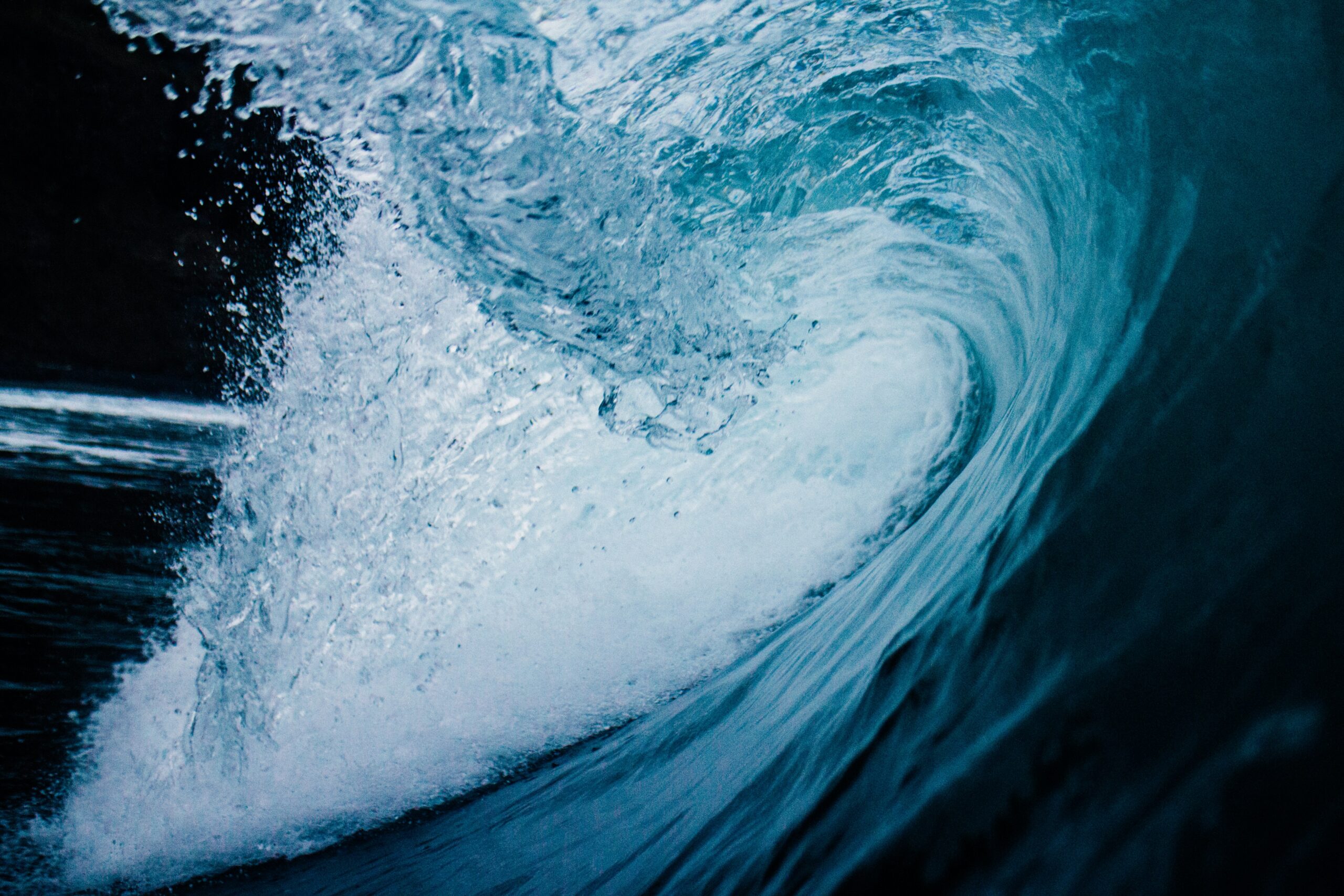If you’ve ever dreamed of being lost at sea—floating endlessly, surrounded by water, unsure where to go—you know how haunting it feels. This lost at sea dream often evokes loneliness, helplessness, or even awe. In dream interpretation, the ocean represents the subconscious mind—vast, mysterious, and emotional. Being lost in it reveals that you’re adrift within your own feelings or searching for meaning amid uncertainty.
Want to uncover what your ocean dreams truly mean? Try Dreamly — your intelligent dream journal on Android and iOS.
Dream interpretation: what it means to be lost at sea
In dream symbolism, the sea mirrors your emotions and unconscious mind. Calm waters suggest peace; stormy seas reflect inner turmoil. Therefore, when you find yourself lost at sea, it signals that you feel emotionally directionless or overwhelmed in waking life. Perhaps you’ve lost your bearings after a major life change, or you’re unsure where to steer your energy and purpose.
This dream is not random—it’s a message from your inner self that something deep needs attention. The vast ocean becomes a metaphor for the unknown aspects of your psyche waiting to be explored.

Common variations of lost at sea dreams
- Drifting alone on the ocean: Feelings of isolation or uncertainty about the future. You may be seeking connection or direction.
- Lost in a storm at sea: Inner chaos, anxiety, or emotional overload. The storm mirrors current stress or conflict in your life.
- Calm but endless water: A sense of emotional numbness or spiritual stagnation. You may feel stuck, even if things look peaceful on the surface.
- Trying to find land or rescue: Desire for stability, support, or clarity. It represents your efforts to regain control.
- Lost with others on a boat: Shared confusion or emotional entanglement with people around you—perhaps in work, family, or love.
Psychological meaning: navigating the unconscious
Psychologically, a lost at sea dream reflects being “adrift” within your inner world. Water in dreams symbolizes emotions; an endless ocean shows that your subconscious is processing something vast and uncontainable. You might be navigating grief, change, or existential uncertainty. Your mind uses the sea to visualize this emotional depth.
Sometimes, it arises when you’ve lost touch with your inner compass—your sense of purpose or trust in your path. The dream invites you to pause, breathe, and reconnect with your intuition before moving forward.
Spiritual and symbolic perspectives
Spiritually, the sea represents the infinite flow of life and the mystery of creation. To be lost within it can mean your soul is in transition—letting go of old identities before discovering new meaning. It’s a call to surrender, not to despair. Trusting the current, rather than fighting it, often leads to transformation and renewal.
In many cultures, being lost at sea also symbolizes a spiritual test: learning faith in uncertainty and rediscovering inner navigation through stillness and surrender.
When the ocean dream feels like a nightmare
If you wake up anxious or breathless, your dream may be externalizing deep stress or emotional fatigue. The mind uses water imagery to express what words cannot—your fear of losing control or being overwhelmed by emotions. Recurring “lost at sea” dreams often appear during burnout, heartbreak, or identity crises.
To soothe them, ground yourself before sleep: write down worries, practice slow breathing, or visualize safety. Dream journaling can also help you see patterns and gain emotional perspective.
How to interpret your lost at sea dream
1. Record every detail. Note the weather, color of the water, presence of others, and your feelings.
2. Ask where you feel directionless. What area of your life currently feels uncertain or unanchored?
3. Listen for guidance. Sometimes, the ocean in your dream becomes calm once you stop resisting.
4. Reclaim your compass. Clarify your goals, seek emotional support, or reconnect with your inner sense of direction.
Turning fear into flow
Being lost at sea in a dream doesn’t mean you’re doomed—it means you’re being guided to rediscover trust and emotional awareness. Once you acknowledge the fear and uncertainty, the ocean becomes a teacher, not a threat. Each wave carries wisdom about letting go, adapting, and finding peace within chaos.
Where Dreamly fits
Dreamly helps you uncover hidden meanings behind your sea dreams. Tag them with “ocean,” “lost,” or “fear,” and visualize your emotional cycles over time. The app connects symbols across your dream history, revealing when uncertainty turns into insight. In doing so, Dreamly turns confusion into calm awareness.
Bottom line
To dream of being lost at sea means you’re exploring emotional depth, uncertainty, or transition. Rather than fearing the endless ocean, see it as an invitation to reconnect with yourself and trust the flow of life. Every lost dream holds a direction—you just need to listen beneath the waves.
Ready to decode your dreams? Start Dreamly — your intelligent dream companion — on Android or iOS.







